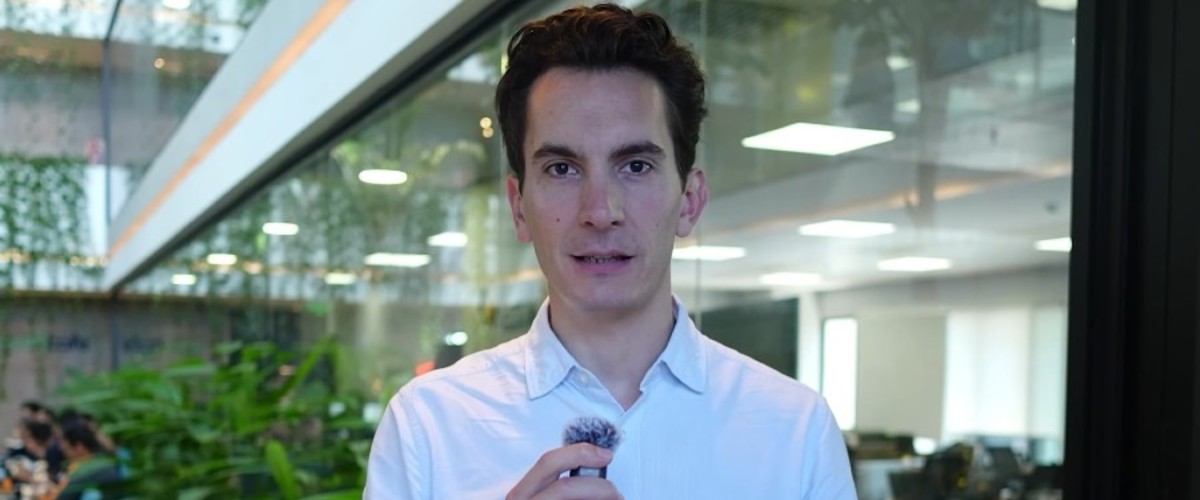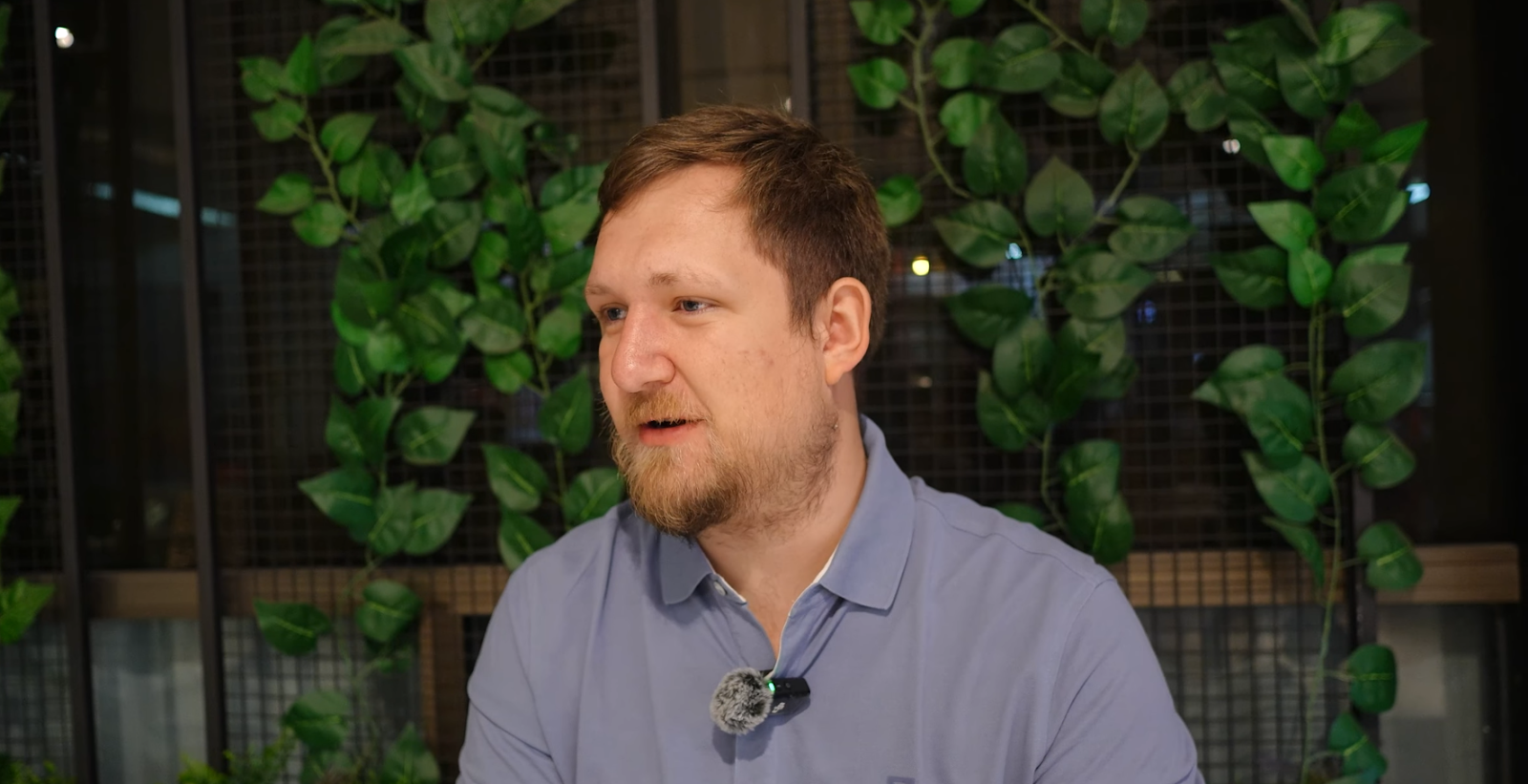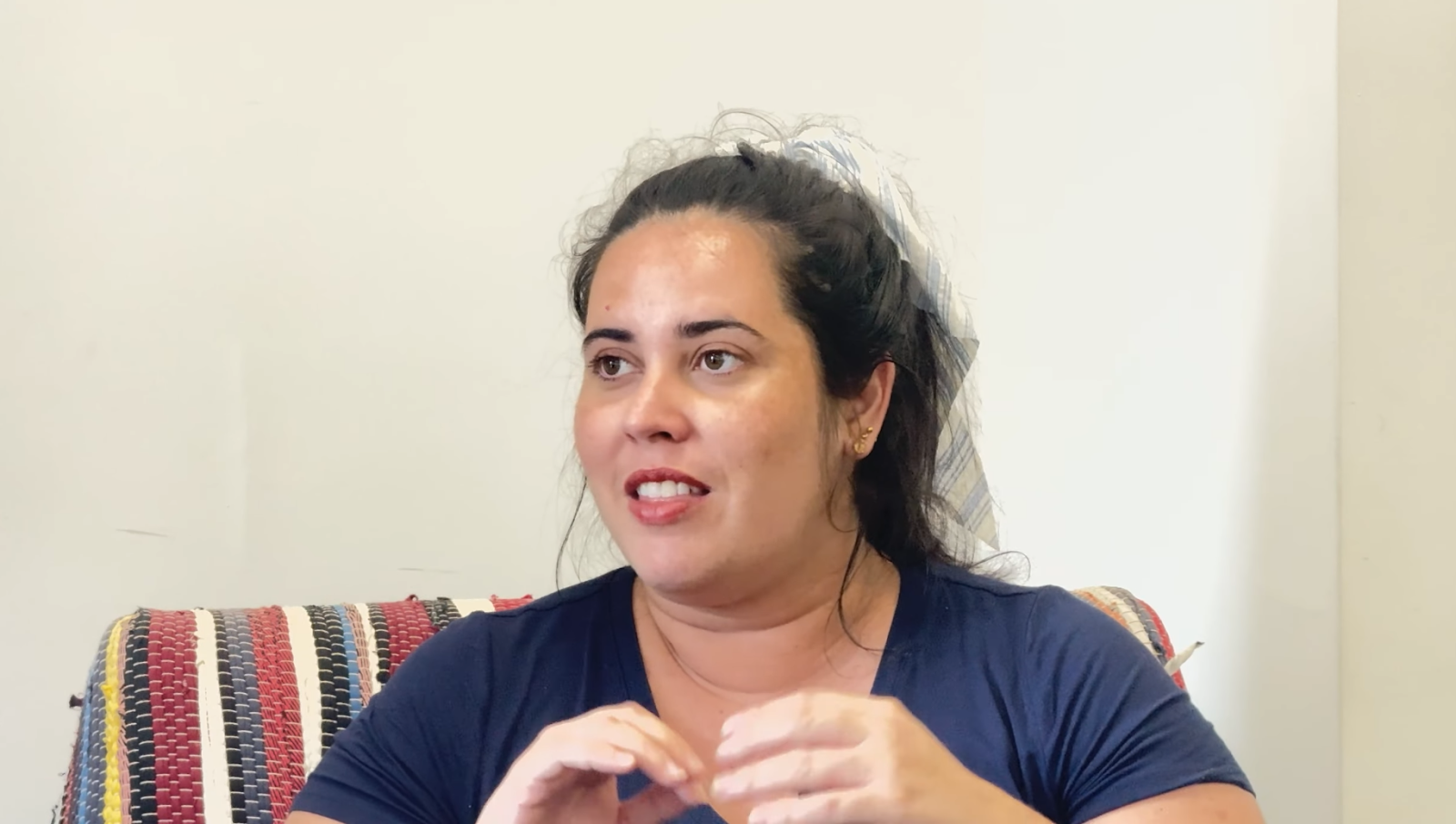International YouTuber Highlights How Bitcoin Funds Educational Programs in Paraguay

Content creator Johannes Gemmingen visited the facilities of Penguin Academy in Asunción to showcase how Bitcoin mining is funding technology training programs in Paraguay.
During his tour, he explained that the country, known for its hydroelectric production, has become a strategic hub where energy is transformed into employment opportunities. His video highlights the link between renewable energy availability, digital infrastructure development, and technical training for young people.
Björn Schmidtke, co-founder and CEO of Penguin Group, recalled that his arrival in Paraguay took place in 2018, when he taught programming to Indigenous communities. He noted that this experience allowed him to identify both the local potential and the lack of opportunities.
“Three days after arriving, I was in the jungle teaching Indigenous girls to code. They were the best students I ever had,” he said. That experience led him to found Penguin in 2019, a free learning space focused on software development.
The project grew rapidly, reaching two thousand participants in its early years. However, resources were not enough to sustain the educational activities. In 2021, Schmidtke sought alternatives and found in Bitcoin mining a way to connect the country’s energy abundance with educational funding.
He cited an article from The Guardian that questioned whether Paraguay should use its energy to mine cryptocurrencies or fight poverty. “I wondered why it had to be one or the other—it could be both,” he said. Since then, the organization has integrated mining as a source of income to sustain its training programs.
The operation is structured through a sister company, Penguin Infrastructure, which manages data centers for Bitcoin mining and allocates part of the profits to the academy.

100% Bitcoin-Funded
According to Penguin Academy’s CEO, Delia Garcete, the model combines mining, education, and employability. “The academy is 100% funded by Bitcoin. The revenue from the infrastructure is directed toward job training,” she stated.
Students enroll without paying tuition and sign an income-sharing agreement: they only start contributing to the program once they secure a job with a minimum monthly salary of $450.
The model aims to maintain a continuous cycle of learning and reinvestment. “Every student who finds a job makes it possible for another to enroll,” Garcete explained. The programs include technical training in programming and practical, market-oriented projects. According to the directors, the approach merges technology, clean energy, and education as a path toward sustainable employment generation in Paraguay.

During the recording, Gemmingen emphasized that technological education in Paraguay faces high costs and limited accessibility. He highlighted that Penguin Academy offers an alternative by combining free training with job placement.
“Most people don’t have access to technical education, and even when they do, they don’t always learn skills that lead to employment. Here, that changes,” he said. In his video, he described the experience as an example of how the country’s hydroelectric energy can be transformed into human capital.
The Foundational Model
Schmidtke explained that the use of renewable energy is the cornerstone of the model. Electricity from dams powers the mining centers, and the resulting profits finance the training programs.
“The idea was to turn energy into human potential. That’s the engine that drives the project,” he stated. He added that Paraguay’s energy availability provides a comparative advantage over other countries in the region, allowing mining to be directly linked with social development.
Garcete projected that, in the coming years, the academy could become a regional innovation hub. “We want Penguin Academy to be a meeting point for creative people—where they find community, tools, and skills to build projects and contribute to a better society,” she said. She believes the model could be replicated and expanded to increase access to technological education in the country.
The YouTuber’s visit drew international attention to the link between mining and education. His publication explores how the combination of renewable energy and technology can generate employment and local development.
In Paraguay —where electricity generation exceeds domestic demand— Bitcoin mining emerges as a way to leverage surplus energy for social impact. The experience of Penguin Academy illustrates a process where the digital economy and technical training converge, producing measurable results in employment and education.
Gemmingen summarized that what he observed in Asunción reflects an emerging trend: using energy infrastructure to create human value. “Here, electricity becomes knowledge; knowledge becomes work; and work becomes development,” he said. Thus, Bitcoin mining ceases to be just a technological activity and becomes part of an educational and productive strategy that redefines the country’s role in the regional digital economy.


